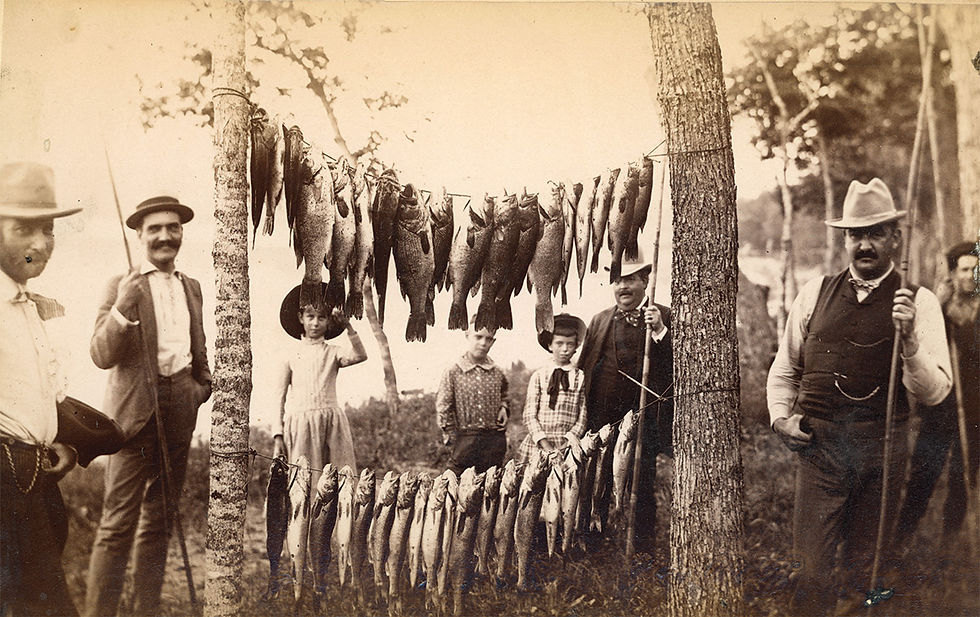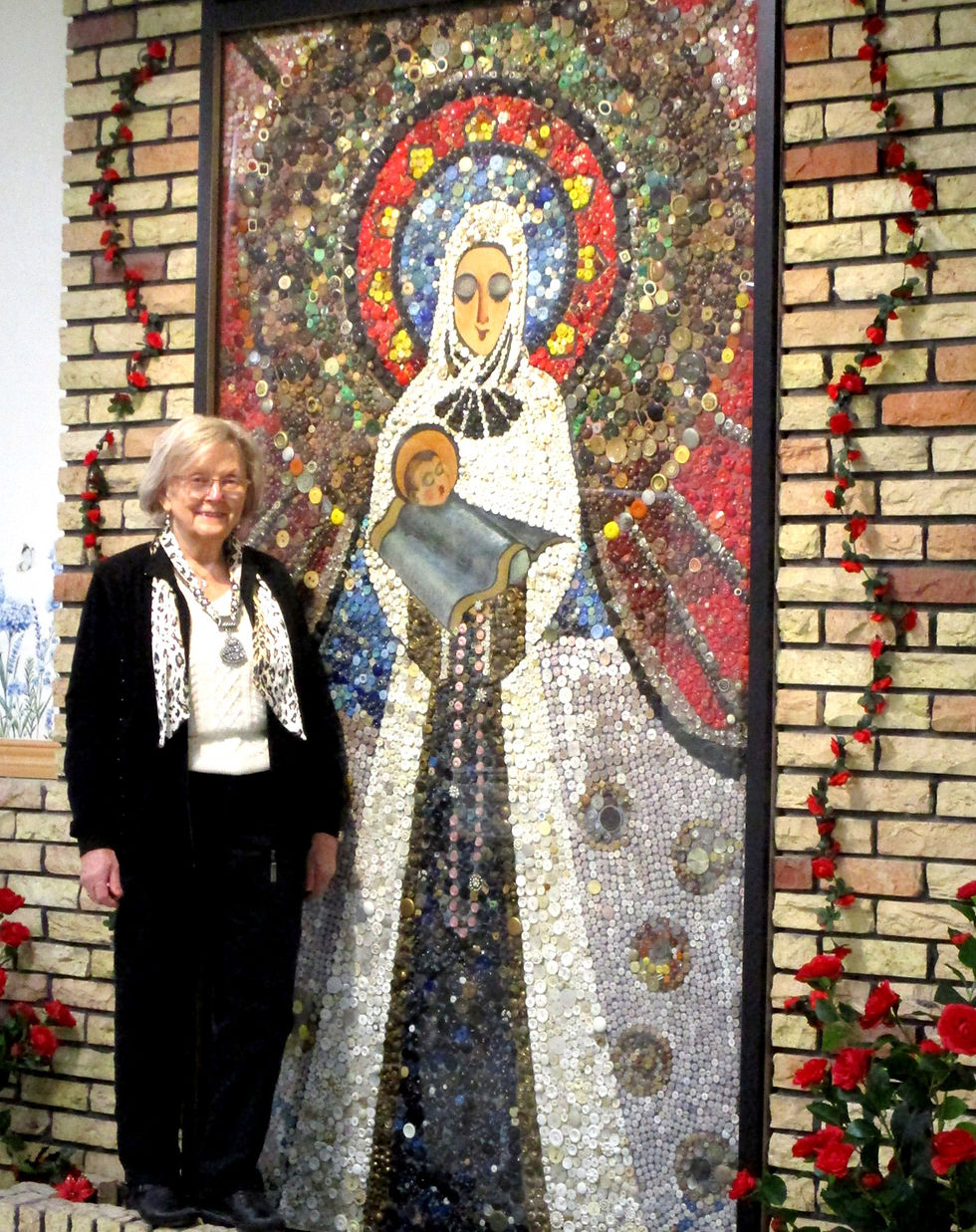Father and son, forever linked by baseball
- Sr Perspective

- Apr 30, 2025
- 4 min read
BY THOMAS HIATT

My father has been gone for 14 years now, but I long to have just one more game of catch with him.
Before 1990, I never cared much for baseball. In my elitist snobbery, I erroneously believed that this Great American Pastime simply consisted of men-children playing with rocks and sticks running around a circle, being paid millions for it!
Of course, my aversion to baseball could have been related to a traumatizing childhood experience with playing t-ball (a cousin game where a modified ball sits atop a stationary T-stand.) Having a wandering mind, I had such little interest in that game that I frequently failed to recognize it being my turn at bat, forgot where the bases were, and randomly sprinted into the outfield, much to the screams of my bewildered teammates.
However, a few decades later, when I watched the film Field Of Dreams (based on the novel Shoeless Joe by W.P. Kinsella), I found myself mesmerized by the purity of the game, the almost poetic math of it, being divided into strikes, runs, outs, innings, walks and balls. In the film, the game carries universal themes such as the importance of teamwork, competition, the joy of greener pastures, the sentiment for life’s simple pleasures, and especially the bonds between fathers and sons. The game also serves as a metaphor for lost idealism. (The ghosts of the disgraced 1919 Chicago White Socks majestically emerge from a cornfield to a baseball diamond built on valuable cropland by farmer and narrator, Ray Kinsella, who hears a mysterious guiding voice.)
This brings the subject to my father.

For 35 years, Dr. John A. Hiatt had a tremendously well-respected bedside manner. He acquired the nickname, “Doctor Kindly.” My mother marveled about the early years of their marriage. He had been an early example of an involved father, fully contributing to cooking, cleaning, changing diapers, being Johnny-on-the-spot with any medical needs we had.
Unfortunately, he also served as an early poster boy for “divorce culture.” He strayed from the marriage, got caught with his hand in the cookie jar and instead of repenting and repairing his domestic situation, left us and married the cookie.
Between my parents’ separation and his remarriage in 1970, however, existed a small window of great interaction. He took me to Mexico, inspired by a single line from the Simon And Garfunkel song “The Only Living Boy In New York” in which Paul Simon calls upon “Tom” (Art Garfunkel’s nickname) to catch a plane to Mexico (referencing Garfunkel’s acting turn in “Catch-22,” filmed south of the border.)
While I believe my father truly wanted to balance his two worlds, his priorities naturally shifted from his original offspring to his new wife’s. He had a habit of making grandiose promises just to pull them back at the last moment. After the remarriage, he became primarily a weekend phenomenon.
(It should be added that I do remain close to my step siblings to this day.)
And although the day-to-day interaction stopped, short periods of great interplay still occurred. Primarily in the form of camping trips to places such as The Dakotas, Wyoming, Montana, Michigan and Wisconsin.

In the 1980s, my father and I took several ventures to Northern Minnesota where - free from stepmothers and step siblings - we bonded over fishing, fire-building, and journaling. We also attended a writers’ retreat and several literary groups. I credit him (along with my English-major mother) for igniting my passion for writing.
In 1991, on our way to a planned trip to Peoria, Illinois, my father, older brother and myself, took a spontaneous side trip to Dyersville, Iowa, where the baseball diamond built especially for the film still stands. It felt as if the field called to us, much like the guiding voice in Ray’s mind. Since the stadium provided bats and balls, the three of us bonded over an impromptu game of catch. My father even paused to read from the novel as my brother and I continued playing.
That year would prove to be the last one such bonding was possible. Soon, I became involved with building a family of my own, and within the next year, my father would be diagnosed with cancer of the colon. Although it was discovered early and he went into complete remission, his health never fully recovered. A series of physical problems led to a slow decline that ended his life in 2011.
In the last scene, the sole player still on the field turns around and reveals himself to be the narrator’s late father. They share one last catch.
Someday, dad, let’s have a last catch.




Comments